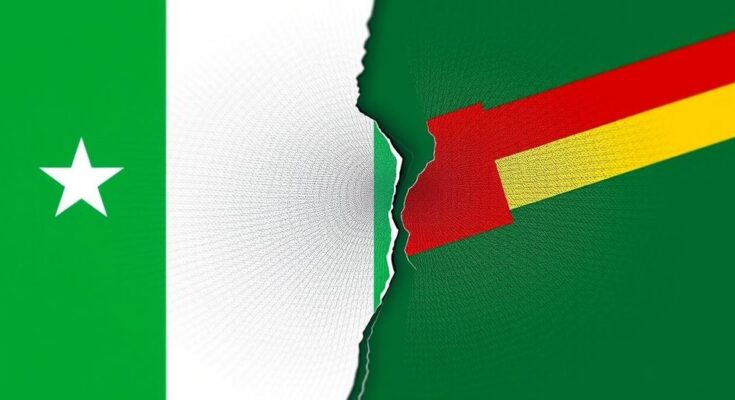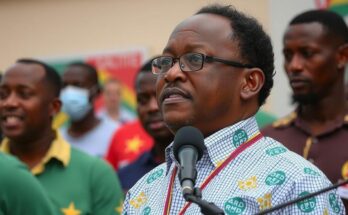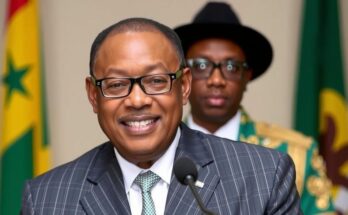Djibouti is seeking support from Zimbabwe for its candidate Mahmoud Ali Youssef to chair the African Union Commission, with elections set for next year in Addis Ababa. Minister Amina Abidi Aden met with President Mnangagwa to secure backing, emphasizing Youssef’s qualifications as a long-serving Foreign Minister. Other candidates include Raila Odinga of Kenya and Fawzia Yusuf Adam of Somalia, amidst a renewed focus on regional representation within the African Union.
Djibouti is actively seeking support from Zimbabwe for its candidate, Mahmoud Ali Youssef, for the position of chairperson of the African Union Commission. This request was made during a visit by Djibouti’s Minister of Housing and Urban Affairs, Amina Abidi Aden, who attended a meeting with President Emmerson Mnangagwa at State House in Harare. The elections for the chairmanship are scheduled to take place in Addis Ababa next year. Minister Aden conveyed the message from President Ismaïl Omar Guelleh, emphasizing the importance of the support of Zimbabwe in the bid for the African Union role. President Mnangagwa expressed his assurance of backing for Minister Youssef, highlighting the experience and qualifications that he possesses, especially with his extensive 20 years as Djibouti’s Foreign Affairs Minister. Minister Youssef is one of four contenders for the post, alongside prominent figures such as Raila Odinga from Kenya, Fawzia Yusuf Adam from Somalia, and former Vice President Vincent Meriton from Seychelles. Notably, the African Union’s decision in March to allow the Eastern Africa region to nominate the next chairperson reflects a significant shift aimed at enhancing transparency, representation, and gender equality within the Commission’s leadership.
The African Union Commission chairmanship is a pivotal position that influences the direction of the African Union’s policies and initiatives. The current chairperson, Moussa Faki, has held the position since 2017. The upcoming elections will be crucial as they not only determine the next leader but also serve as a benchmark for assessing the AU’s commitment to reforms initiated in 2018, aimed at improving the leadership selection process. The ability of the candidate to implement Agenda 2063—a strategic framework for the socio-economic transformation of the continent—will significantly depend on their experience and support from member states.
In conclusion, Djibouti’s pursuit of support from Zimbabwe for its candidate Yoshouf in the election for the African Union Commission chair is a strategic move within the framework of the reforms instituted by the AU. The backing of President Mnangagwa is expected to bolster the candidacy significantly, showcasing Djibouti’s governmental experience at the continental level. Given the emphasis on equitable representation and the varied pool of candidates, the election in Addis Ababa will undoubtedly be a pivotal moment for the African Union.
Original Source: www.chronicle.co.zw




